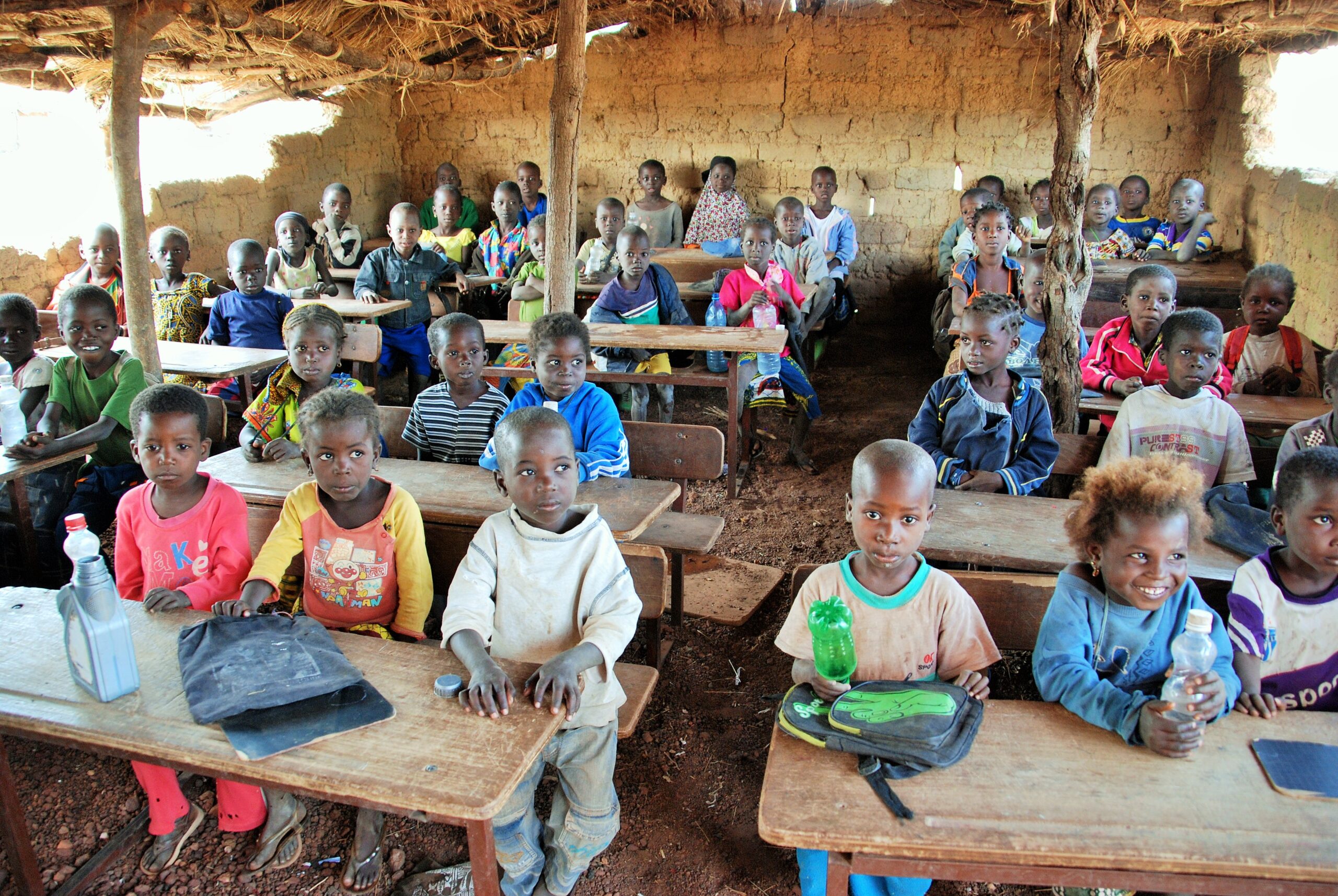The number of children in child labour has risen to 160 million, an increase of 8.4 million over the past four years. Due to the corona crisis, millions more children are at risk of being forced to work before the end of 2022. These are the figures released by UNICEF and the International Labour Organisation (ILO) this week.
Children should not be working, they should be in school. Child labour is a complex and challenging problem. Crucial to eliminating child labour, in addition to a living wage for parents, is education: quality education, accessible for all children. Worldwide we have ratified conventions on child rights and child labour, including the UN Convention on the Rights of the Child, and there are laws on compulsory education. In principle, this means that all children should be able to go to school everywhere. Unfortunately, this is not the reality. We need to seize the momentum now and prioritise measures that can get children (back) into school and enable families to keep their children in school, even in times of economic hardship. We cannot accept that children do not get an education. Not here, not anywhere.
Quality education for all children; it sounds obvious, but the opposite is true. There is a huge shortage of teachers worldwide as a result of budget cuts in the public sector and education. Not only do we need more teachers, but the quality of the teacher must also be strengthened through proper training and regular refresher courses. In addition, the curriculum must be relevant, the school must be a pleasant environment where children are welcome and safe, and where sufficient materials are available.
To realise the right to quality education for all children, in addition to local initiatives such as an area-based approach and cooperation with all actors (parents, teachers, employers, trade unions, local authorities and local leaders), commitment is also needed at the national and international level. Sustainable education systems need government funding and should be delivered by the government. UNESCO estimates that next year at least 210 billion dollars will be cut from education budgets, simply because of the decline in GNP. This will undoubtedly have consequences for the quality of education, especially in poorer countries that are struggling to cope with the effects of the pandemic.
Governments and companies have a responsibility to do something about it. The Dutch government has committed itself to actively combat child labour worldwide. In order to reverse this upward trend in child labour, we urge our government on this International Day Against Child Labour to make (international) efforts to:
- Debt relief and adjustment of international conditions
84% of IMF/World Bank loans are conditional on severe austerity measures, resulting in further cuts to public services such as education. - Fiscal justice
Taxation is a powerful financing tool. It funds schools and hospitals. Currently, tax evasion and tax benefits take billions of dollars away from vital public services every year. In the Netherlands, we should not facilitate this anymore. - Fair trade treaties
Education is a public good and not a tradable commodity. Fair trade treaties protect the public sector, also against private investors in education who are out to make a profit and deliver substandard quality.
Based on everyone’s responsibility, structural and large-scale change can be realised if we cooperate. It is the only way to ensure that millions of working children go to school and thus give them the chance to a better future.
Sofie Ovaa, Work: No Child’s Business – an alliance of Save the Children Nederland, UNICEF Nederland and the Stop Child Labour coalition
Karolien Molenaar, Chairperson Global Campaign for Education Netherlands – worldwide coalition for the right to good education for all

